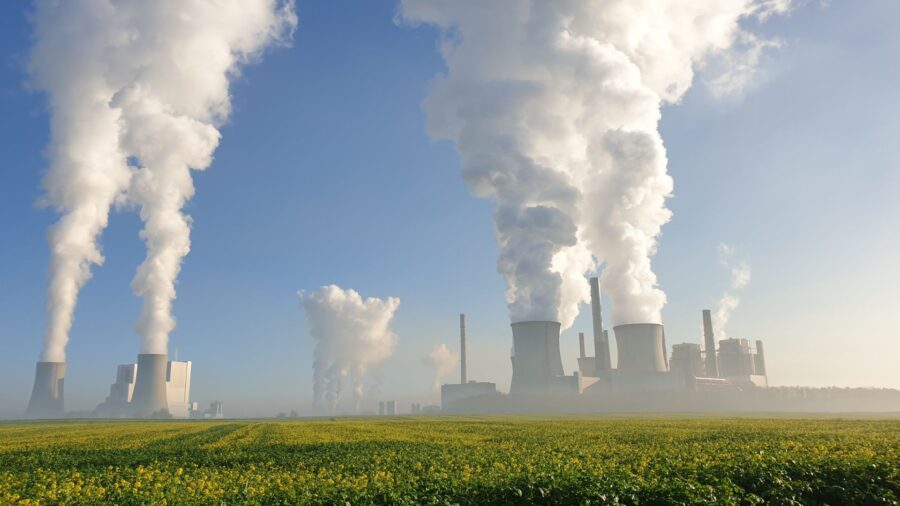The Hottest Recorded Day In Earth’s History Is Now A Reality

Well, if you were afraid that a giant comet was going to take us out or that artificial intelligence would be the end of us all, global warming is here to say – “Hold my beer.” According to ScienceAlert, Monday was the hottest day on Earth since the practice of keeping weather records began.
Clocking in at 62.6 degrees Fahrenheit (17 degrees Celsius) for the first time, the meteorologists at the US National Oceanic and Atmospheric Administration were the first to make the official announcement.
The previous record for the world’s hottest day was set just last year on July 24 with the measurement of 62.4 degrees Fahrenheit (17 degrees Celsius), meaning that things are really beginning to heat up even if just by a bit each year.
To put these numbers into perspective, the typical day sees the average air temperature moving between 53 degrees Fahrenheit (12 degrees Celsius) and under the recently recorded 62 degrees Fahrenheit (17 degrees Celsius). With records going all the way back to 1979, the recent numbers shared show just how much the Earth’s temperature has changed in the last several decades.
Earth’s hottest day was recorded on Monday, with the temperature clocking in at an average of 62.6 degrees Fahrenheit.
But things get even spicier when you take into account that the summer is just getting started with temperatures on the rise in the Northern Hemisphere and only expected to go up over the rest of July, August, and even into September before we hit the fall.
Fossil fuels fire off a whopping 40 billion tons of CO2 into the atmosphere per year, driving up the heat and playing a major part in how the hottest day on record will likely change every year.

With this in mind, just because June 3 holds the title of the hottest day, there may be another one that will kick it from its current standing. Mix this with the El Nino weather incident that’s happening in the Pacific Ocean and the numbers are only expected to climb higher and higher as the year goes on.
And then, of course, mankind’s hand plays an important role in the ever-changing temperature of our planet. At the top of the list is the burning of fossil fuels which fires off a whopping 40 billion tons of CO2 into the atmosphere per year, driving up the heat and playing a major part in how the hottest day on record will likely change every year.
As we head into hurricane and monsoon season, not to mention the continuation of tornado season for many states in the U.S., the power of Mother Earth will be on full display. This plus the rising temperatures and recently recorded hottest day on Earth could spell an even more chaotic year when it comes to these natural disasters.
Temperatures are on the rise in the Northern Hemisphere and only expected to go up over the rest of the summer.
And, it would seem as though no help is on the way to put an end to the seemingly unstoppable next hottest day ever recorded as politicians are constantly at a loss when it comes to what can be done to prevent global warming.
So, with those UFOs that we’ve just stopped talking about still being speculated on half a year later and artificial intelligence proving to be turning into more of a threat than we initially thought, maybe none of these things will actually be worries if the Earth’s temperature continues to heat up year after year.












